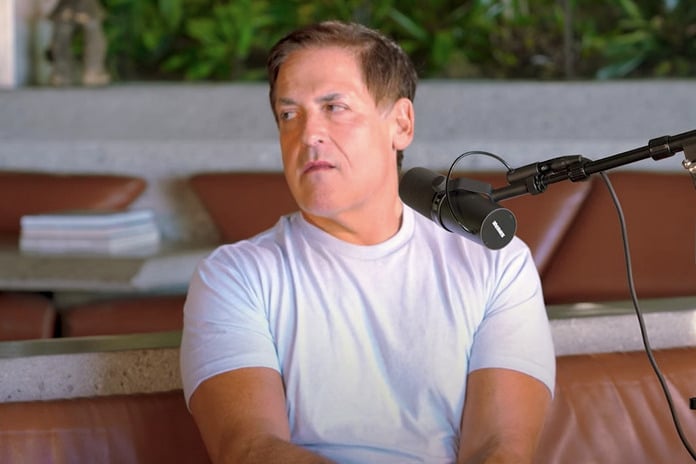
In a recent conversation on the Pat Bev Pod, Mavericks owner Mark Cuban shared insights into the complexities of running an NBA team.
One topic that emerged during the discussion was the influence of players’ vices on their status within the organization, and Cuban didn’t hold back.
When asked by Patrick Beverley if players’ vices affect how much he pays them, Cuban responded with a resounding “Yes, 100%.” He then went on to reveal that he had made personnel decisions based on players’ habits, specifically excessive smoking.
Cuban emphasized the importance of team culture, highlighting how young players who might not fully grasp the NBA culture can be influenced by the behaviors of their teammates.
He cited instances where a player’s excessive smoking habits had a negative impact on the team’s environment and performance, leading to tough decisions.
“No lie, I’ve traded guys because they smoke too much,” Cuban said. “Teams get their own culture. If you got some young dudes on there that are just figuring out, smoke some, but don’t know what the team culture is, right, or the NBA culture is.
“And you got one dude that’s just, you walk down the hall in the hotel and you know he’s on that floor and there’s no doubt about it. And then all of a sudden these other kids start picking up on it. You see them coming out of the room, you see them a little bit red-eyed coming to practice all of a sudden, you don’t ant them going down that road.”
While Cuban acknowledged that recreational activities like smoking are not uncommon among athletes, he drew a clear line when such behaviors began to disrupt the team’s unity and focus. According to Cuban, it’s not just about the act of smoking itself but also the frequency and potency of it.
“I mean, everybody smokes, right? It’s not about that,” he said. “But there’s smoking, there’s how powerful the sh*t you’re doing is, and there’s how much you do. If you get past that level where you got to look at the bigger picture, right? That’s just not the culture.”














